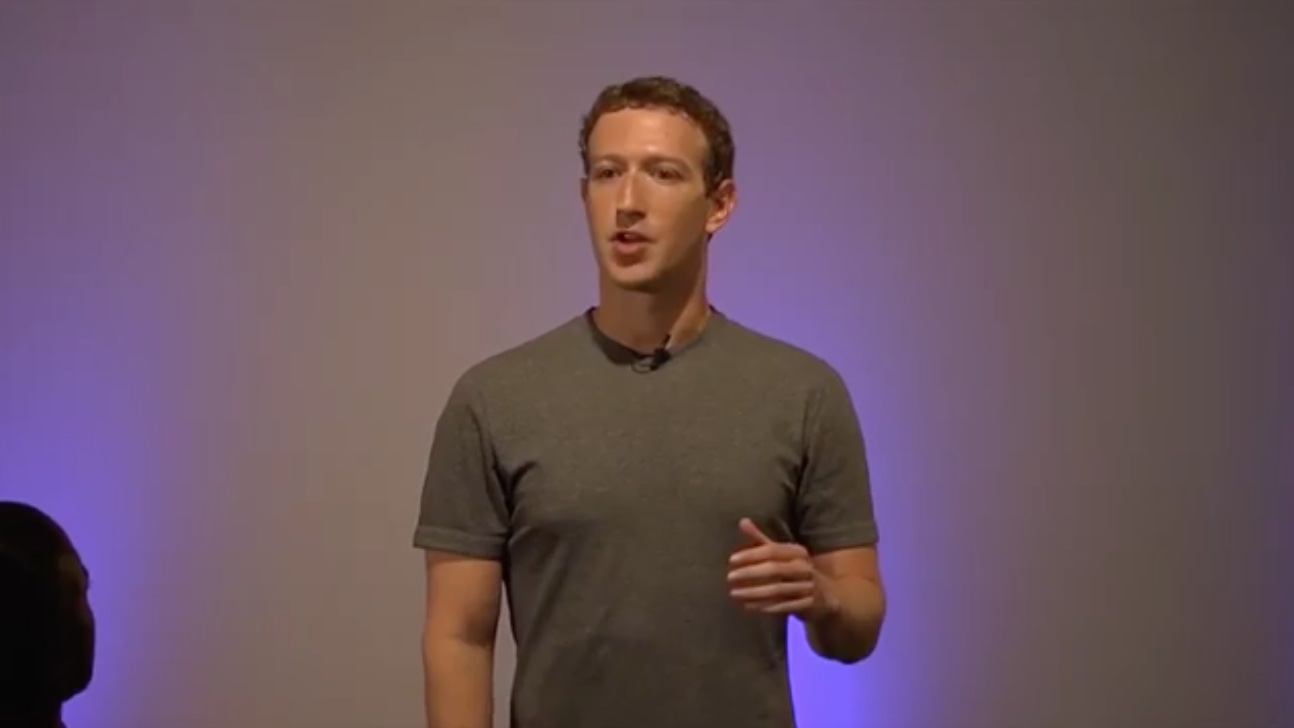The Global Linkup is a summary roundup of important tech news curated from all around the globe.
On this week’s edition, Facebook is in some serious trouble over wrongdoing, there’s an interesting mix of stuff happening with cryptocurrencies. Read on.
The Facebook data breach
Last Saturday, Christopher Wylie a whistle-blower told The Guardian how Facebook data of 50 million Americans voters was harvested without their permission. And Facebook knew about this and didn’t do much at the time.
The data was taken by Cambridge Analytica, a data analysis company and used to target voters during the last US elections. Christopher used to be an employee of Cambridge Analytica.
As the European Union is checking if Cambridge Analytica had a similar role in its referendum, a report on Techpoint shows the company may have had a role in Kenya’s and Nigeria’s 2015 elections.
Meanwhile, the Monday after the report, CNN reported that Facebook shares dipped and the company lost $37 billion in value.
CNN took a question and answer approach to explain this whole data breach matter.
What’s “cryptocurrenting”?
A short while after the ban by Facebook and Google, Twitter has finally joined the ban wagon. Techpoint reported on Tuesday that the microblogging platform announced it was banning crypto ads.
While these social media moves are steady trying to discredit crypto, late last week it was revealed that Jane Street Capital a Wall Street has been trading Bitcoin. According to Bitcoin.com, the secretive trading firm trades over 56,000 products globally across a wide variety of asset classes, including bitcoin.
On Tuesday, Bloomberg reported that Cryptokitties, a blockchain based game spinoff has raised $12 million from Andreessen Horowitz and other investors. In the game users raise cats and sell their offspring blockchain style.
On Wednesday, the BBC reported on how a 15-year old boy hacked a ‘hack proof’ ledger hardware wallet. He says the devices are still vulnerable, but according to CoinTelegraph, the company’s devs deny it.
An unsafe Russian Telegram
Chat app Telegram has always been perceived as ultra secure. But when Google Allo launched in 2016, in trying to warn users off Allo, whistleblower Edward Snowden said Telegram was not that safe. Nobody is sure of anything.
The only sure thing is that Russian users will not have a safe Telegram very soon.
Last year, Russia’s Federal Security Service demanded encryption keys from Telegram to access user data. The company denied and went to court, but on Tuesday it lost.
Bloomberg reports that a federal judge denied their appeal and asked them to hand the encryption keys over within 15 days.






